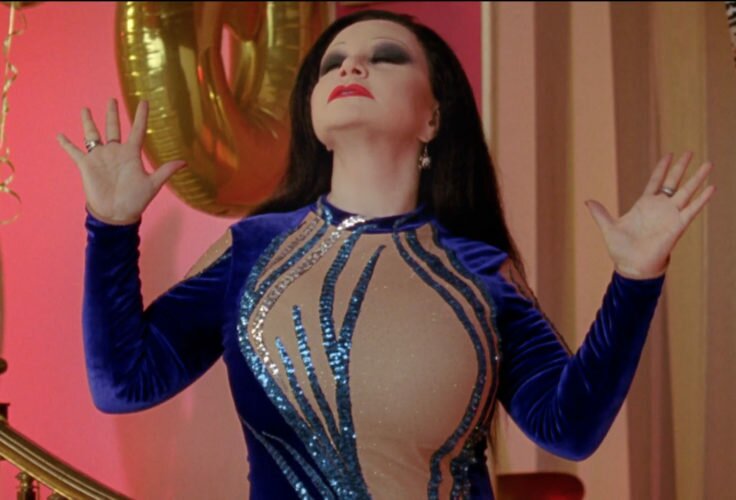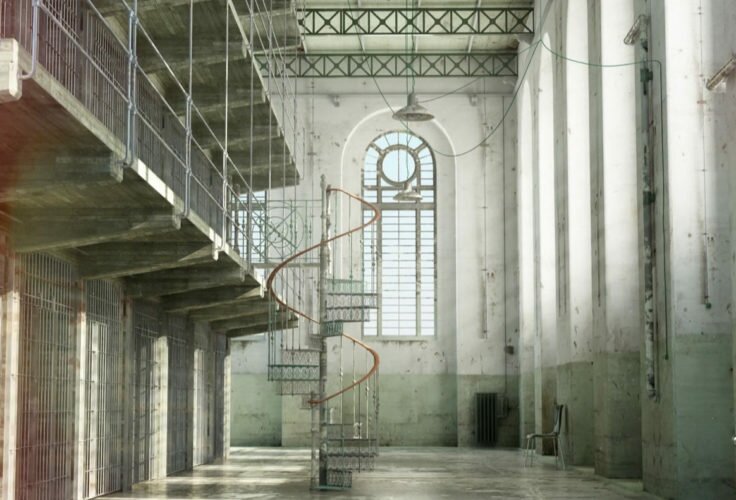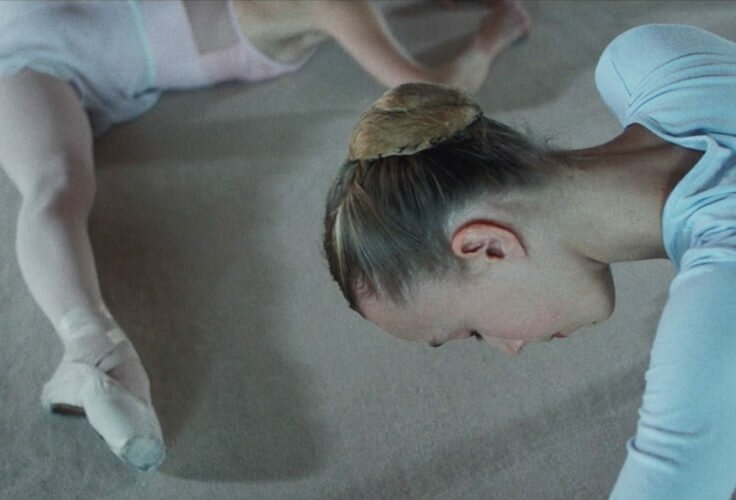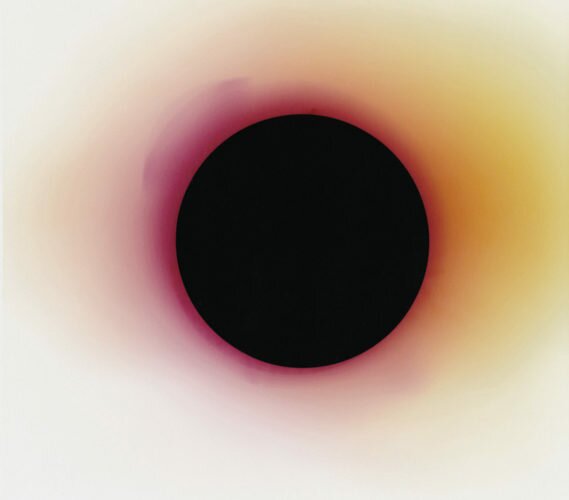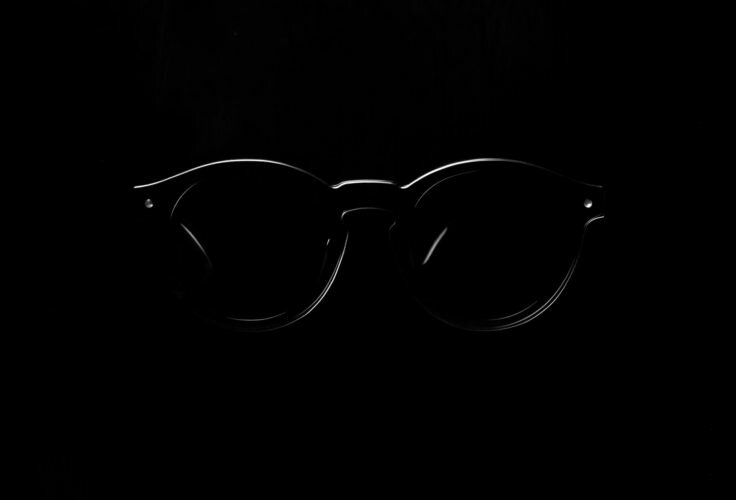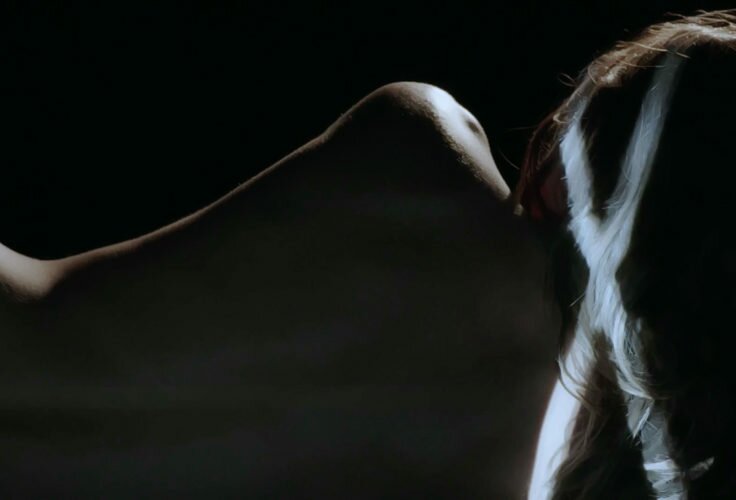I’m not for a second going to put Purpose: The Movement anywhere near the same level as Rhythm Nation 1814. It has none of the visual power, the politics, or the sheer inventiveness of any of the Jackson family’s finer works. But it’s still nice to see the old long-form dance video coming back. Not that I particularly enjoy dancing, but it’s refreshing to see the ego project that dominates contemporary pop music taking a step back.
Justin Bieber isn’t an especially surprising person to make this move. Runaway child-star egoism has been his dominant brand since he became old enough to vote, and album no. 4 is the perfect time to reign in that megalomania before it stops being cute. He needs a huge promotion for what is already , but he also needs to save his image from self-obsessed implosion. What better way to play both sides than to celebrate the music instead of the person?
The result is one of the most pleasantly positive Top 40 projects I’ve seen all year. Team Bieber fills Purpose‘s 45 minutes with 10 different dance sequences, all performed by non-famous Beliebers who just seem to love dancing. Instead of relegation to objectified back-up status, Bieber’s dance squads take center-stage, and seem to be having a fantastic time. I’m a terrible dancer, and I’ve always found our culture’s focus on dancing to be sort of alienating. But Purpose makes a good case for it’s capacity for liberation.
There are a few legitimately great moments. is both an excellent song and an excellent dance sequence, filmed in one shot (or at least the appearance of one shot) by a passed-around Go Pro at an impromptu takeover of a high-end grocery store. Whether it’s real or not, it’s technically impressive. On the opposite end is (Bieber has no time for subtlety), which takes a beautiful studio-based duet and employs a basic gun-wound-as-emotional-pain non-metaphor that’s gory enough to be moving. It’s obvious, but whatever: this is an album with a penultimate track based around the refrain “think about the children”.
The most poignant point I think though is the end of the segment. After a tense apartment pas de deux, a girl wakes up alone in her bed with a note with nothing written on it but the song’s title. It’s a nasty little flip: in any other 2015 setting, a note that read “love yourself” would be a moment of self-affirming validation. Bieber, of all people, has inverted his generation’s central philosophy and made it into a kiss-off. Being yourself, at least for one very famous person, isn’t enough.
Bieber obviously loves himself (it would be absurd of him to pretend that he didn’t). But he seems to be –or at least presents himself to be– torn up about it. Purposes‘s features five post-Apocalyptic girls throwing themselves at Bieber while he stands straight and stares into the sun. It’s weird and megalomaniacal, but weirdly poignant. Like Kanye West, he’s cast himself as a Christ figure, a martyr whose only real communicant is .
Unlike Kanye, who seems intent on either self-destruction or legitimate global power, Bieber just wants to inspire some messed up kids to dance out their problems. He knows what he means to people; he knows the power he holds over millions (really, millions) of young girls. But if it’s going to be like that, you might as well make something positive out of it. When you’ve been one of the top 10 most famous people since you were fifteen, using your idolatrous status to inspire the children to dance is maybe the best you can do. Bieber has taken that role as his Purpose. I don’t know if it’s critically responsible to take someone like him for his word. But I kind of beliebe that he cares.


